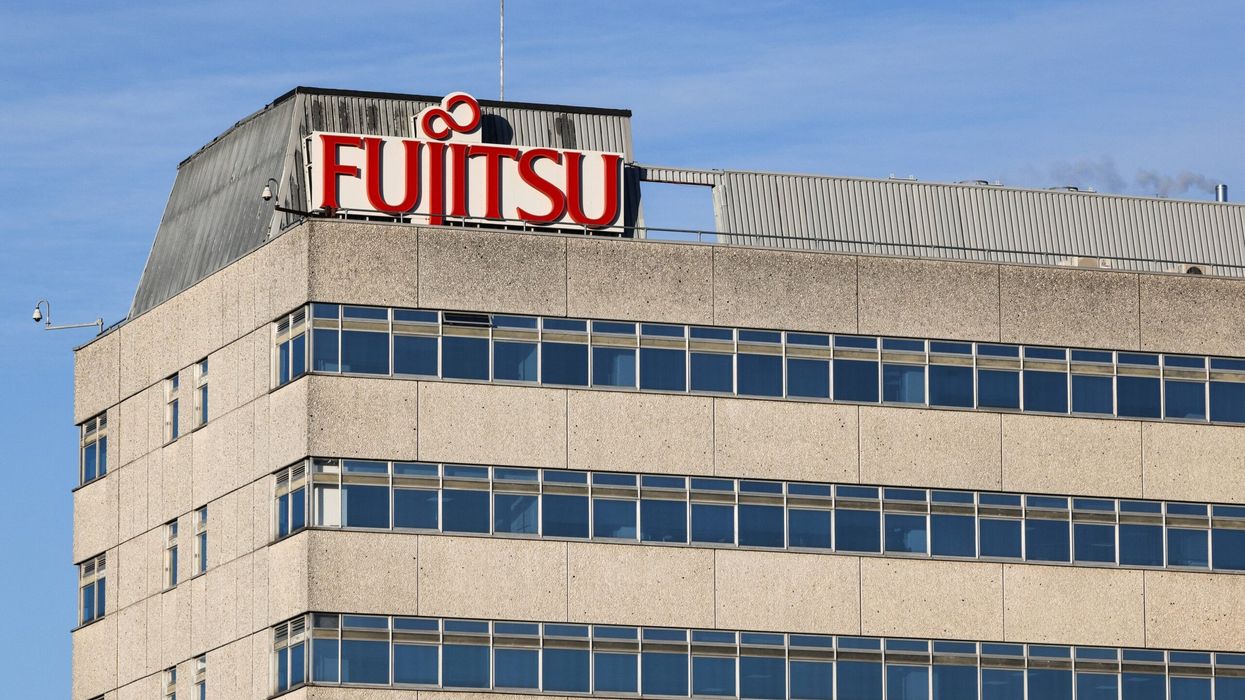EMBATTLED Indian business tycoon Nirav Modi preferred to remain in British jail after he was given a choice of returning India after being arrested in London earlier this year, an Indian probe agency told a special court on Friday (9) in Mumbai.
Modi, 48, the prime accused in the Rs 135 billion Punjab National Bank (PNB) fraud case who is wanted in India for legal proceedings.
India’s law enforcement and economic intelligence agency, Enforcement Directorate’s (ED) counsel told the special Prevention of Money Laundering Act (PMLA ) that Modi’s preference to remain in the UK clearly showed his intention to not to return India and face law.
The celebrity diamantaire is presently in Wandsworth prison in south-west London since his arrest in March.
Hiten Venegaonkar along with Kavita Patil was arguing the ED’s petition, seeking to declare Modi and Mehul Choksi as fugitive economic offenders, under country’s the Fugitive Economic Offenders Act, 2018.
Choksi is also a businessman and maternal uncle of Modi, who is also an accused in the PNB fraud case.
Modi’s maternal uncle moved out of the country last year before PNB fraud case came into light and at present, he is residing in Antigua and Barbuda.
Venegaonkar told the court: “Even after several summons and warrants, they have refused to present themselves to join the investigation.”
The Indian probe agency had filed petitions to declare Modi and Choksi as fugitive economic offenders last year, but final arguments on the pleas commenced on Friday.
The prosecution presenting its argument added that both accused are yet to return to India even after the ED issued several summonses.
Non-bailable warrants have also been issued against the duo after the fraud case came into light in 2018.
The special court has asked the defence lawyers to present their arguments on August 26.











